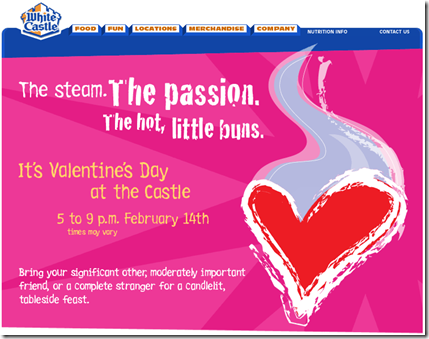As mentioned earlier in this blog, Daniel Pink has done informal research into how your web site’s prompts and error messages could stand a little humanity. Now there is formal research to back this up. New Scientist magazine (paid registration required) covers research that proves “computer glitches would be a lot less annoying if the machines were programmed to acknowledge errors gracefully:”
The trick, according to a researcher who has analysed users’ responses to their computers, is to make operating systems and software more “civilised” by saying sorry more often. That way people won’t feel they are stupid or at fault, so they become less apprehensive about using computers, and perhaps more productive and creative.
National Tsing Hua University’s Jeng-Yi Tzeng is quoted in the article as being inspired by the Chinese saying, “No one would blame a polite person.” He wondered if this applied equally to “polite” computers.
So Tzeng wrote a couple of versions of the same computerized guessing game, and recruited nearly three hundred students to play one version or the other. The control group got a brusque version, and the test group, an apologetic one.
The game’s goal was to guess a Chinese saying, but annoyingly, the program often made users guess the same sayings again and again. It was also unhelpful in the clues it supplied during the guessing process. The control group received a typical set of error messages, but the test group saw messages such as, “We are sorry that the clues were not very helpful for you. Please try the next game.”
After half an hour’s play, users of both versions were equally disappointed with the game itself. But those who had played on the apologetic version were more likely to describe it as fun, and 60 per cent of them said the apologetic feedback made the game more enjoyable.
However, apologies made no difference to 25 per cent of them, and 12 per cent said they felt they were being manipulated. Tzeng will report his findings in a forthcoming edition of the International Journal of Human-Computer Studies.
“It is what I expected,” comments Eric Horvitz, manager of Microsoft’s Adaptive Systems and Interaction Group. “Arrogant software rubs people up the wrong way just like an arrogant person would.”
The take-away: Take another look at the error messages you show your prospective and current customers. Although hyper-politeness can be as grating in certain cultures as bluntness, softening messages, and making more “human, ” can only serve to improve outcomes.
